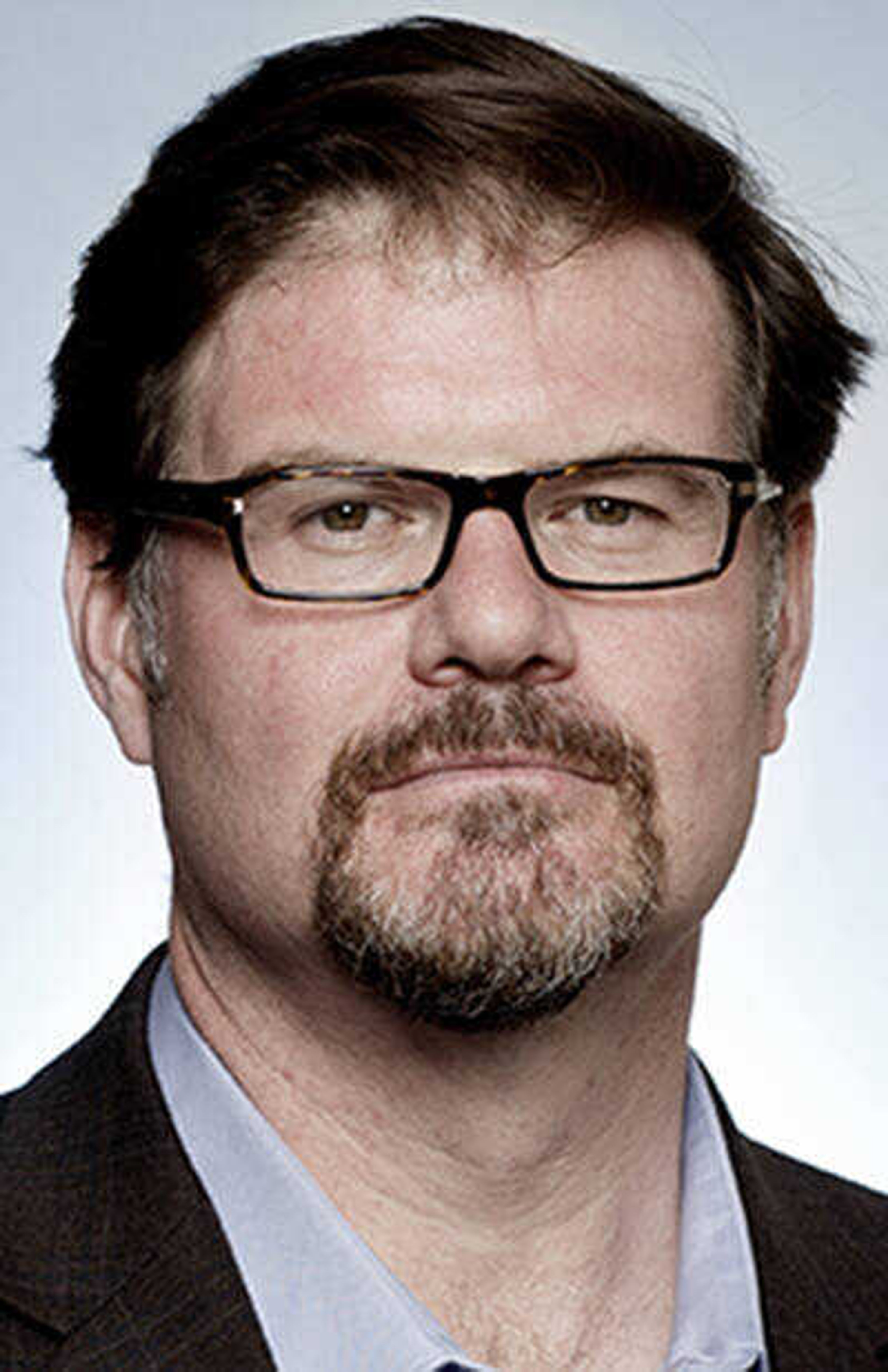Is 'banned on Facebook' the new 'banned in Boston'?
"Banned in Boston" is a phrase that probably doesn't resonate with many people today. But there was a time when "Footloose" might as well have been set in Beantown. Founded by Puritans in the 1630s, Boston held onto its Puritan zeal -- if not necessarily the Puritan faith -- for centuries. ...
"Banned in Boston" is a phrase that probably doesn't resonate with many people today. But there was a time when "Footloose" might as well have been set in Beantown.
Founded by Puritans in the 1630s, Boston held onto its Puritan zeal -- if not necessarily the Puritan faith -- for centuries. From 1659 to 1681, Christmas was outlawed there. Long after the American Revolution, which started there, Boston famously banned books, plays, songs. In 1882 Walt Whitman's "Leaves of Grass" was banned. In the late 1920s and early 1930s, Earnest Hemingway's "The Sun Also Rises" and a serialized version of his "A Farewell To Arms" were prohibited. The Everly Brothers' song "Wake Up Little Susie" hit No. 1 on the Billboard charts but was nonetheless barred from Boston radio in the 1950s. William S. Burroughs' "Naked Lunch" was briefly banned in Boston (and Los Angeles) in 1962 until courts overturned the decision a few years later.
I shouldn't single out Boston, given that censorship in America has a long and storied history. From John Adams' Sedition Act in 1798 (which outlawed malicious criticism of federal officials) through both world wars, there has been plenty of censorship in this country. And I mean real censorship, which involves the government, not private actors forbidding free expression of one kind or another.
But the reason I start with Boston is that the phrase "Banned in Boston" became a fantastic marketing tool. Few things piqued buyers' interest more than being told a book was too hot to handle in Beantown. Upton Sinclair once remarked, "We authors are using America as our sales territory, and Boston as our advertising department."
We're seeing something similar today. For instance, Missouri Sen. Josh Hawley has been playing the part of martyr to cancel culture. He had a contract with Simon & Schuster for his new book, but the publisher pulled out after Hawley questioned the results of the presidential election. He quickly landed a new publisher, Regnery, and the book came out this week.
Hawley's book is called "The Tyranny of Big Tech." You can find it on Amazon, where the tyrannical Big Tech firm lets you download it instantly with a click.
For his book tour, Hawley did a live video interview for The Washington Post, owned by Amazon founder Jeff Bezos. Hawley defiantly told technology reporter Cat Zakrzewski, "Don't try to censor, cancel and silence me here."
Zakrzewski replied, "Senator, we're hosting you here."
In one of his many recent appearances on Fox News, Hawley said "free speech in America now depends on the whims of a monopoly corporation." He was referring to Facebook, whose oversight board endorsed (at least temporarily) the company's decision to ban Donald Trump from its platform after the Jan. 6 riot at the U.S. Capitol. Hawley also made the same claim on Twitter. He even posted a Fox News clip of him denouncing Facebook on Facebook.
There are certainly many serious concerns relating to free speech and Big Tech these days, and Hawley even raises some of them, though I'm dubious about his proposed remedies.
For instance, Amazon indefensibly banned a book by philosopher Ryan T. Anderson, "When Harry Became Sally: Responding to the Transgender Moment" because it ran afoul of their policies on transgenderism, despite being a serious and scholarly work -- whether or not you agree with it.
But as wrong as Amazon's decision was, or even if you passionately oppose Facebook and Twitter's decision to ban Trump from their platforms, it's still ludicrous to contend that free speech in America is at stake in any of these decisions.
As a legal and constitutional matter, free speech has never been freer or more secure than it is today. For good or ill, from pornography to potshots at politicians, as far as the feds and the courts are concerned, it's the Wild West out there.
The culture is another story entirely. The old Puritan ethos that brought us "banned in Boston" has been reborn as a censorious contagion infecting vast swathes of the left and, truth be told, big parts of the right. Cancel culture is a thing. But it's an American thing. I'd argue it's worse on the left, in large part because the left controls more big institutions in the media, entertainment and education. I don't like it, but I'm not prepared to put the government -- never mind Hawley -- in charge of policing speech.
Ironically, Hawley's hawking of his book illuminates one way to deal with the problem. Perhaps "Banned on Facebook" is the new "Banned in Boston."
Jonah Goldberg is editor-in-chief of The Dispatch and the host of The Remnant podcast.
Connect with the Southeast Missourian Newsroom:
For corrections to this story or other insights for the editor, click here. To submit a letter to the editor, click here. To learn about the Southeast Missourian’s AI Policy, click here.










